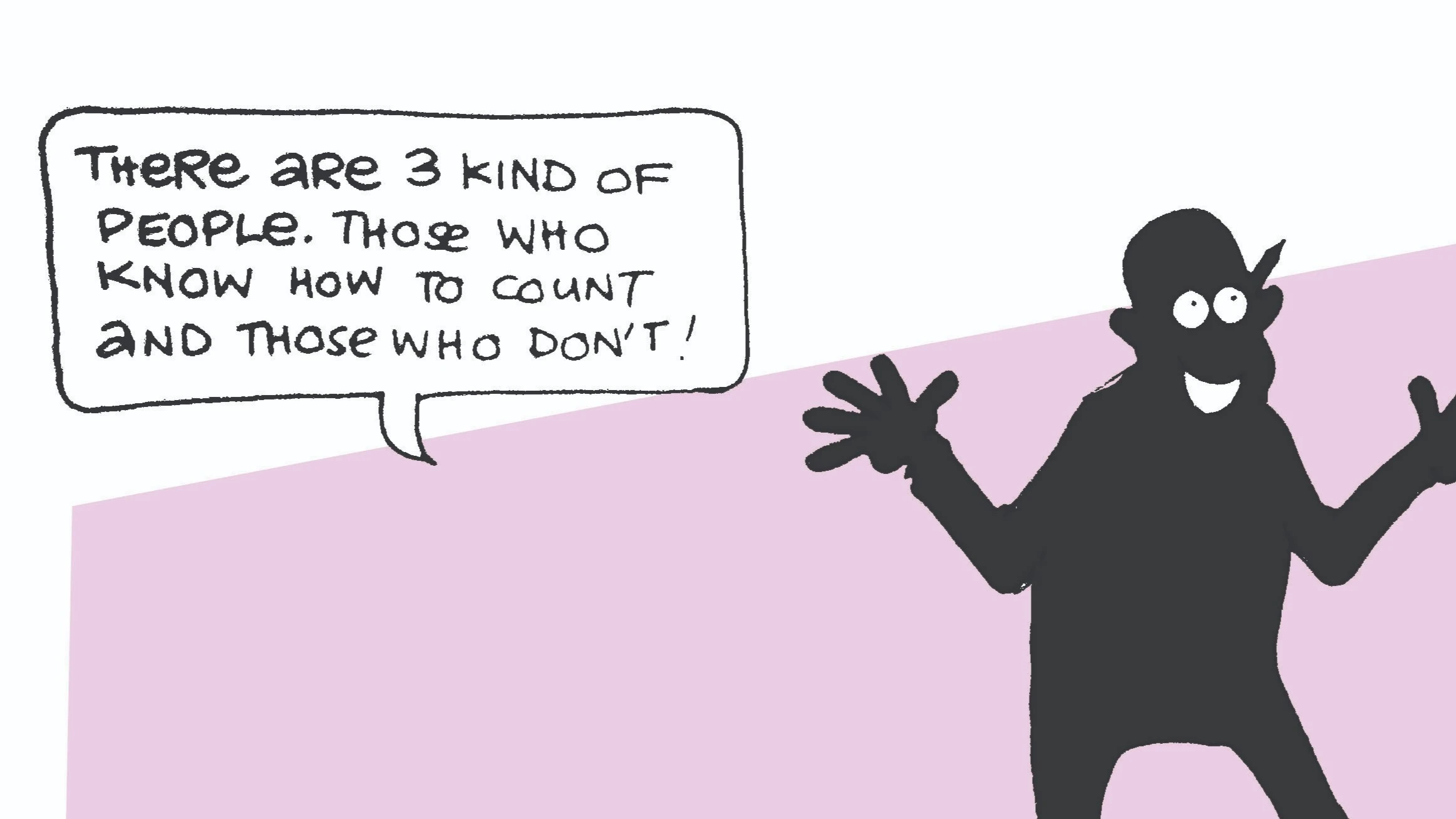Senior citizens neglect a facet of awkward policies, welfare

DEMANDS for binding legislation to guarantee the rights and welfare of the elderly population are not new but are definitely having a greater urgency. A proponent of this segment of the population was lately raising alarm that anything of explicit legislation and budgeted measures to that effect less leaves millions of older citizens at the mercy of changing political will and deep-rooted societal neglect. It would be harder to improve on that formulation as it says everything.
A notable activist with HelpAge Tanzania, said in an interview that while current policies are a step forward, especially regarding pension reform and improved healthcare, only legal reform can ensure lasting protection and support for senior citizens.
He pointed at the fact that despite having helpful policies, there’s no law that mandates care for older people, Current policies are simply not suited for the purpose, as elders depend on individual goodwill, which is no longer that assured.
By individual goodwill is meant the time honoured assertion that offspring of a family need to take care of their parents in old age, but with extensive weaknesses in what can be said to be original families, much of that can’t be assured. That is why elders need to be pegged to a just or sustainable system where their basic interests become a matter of public policy and provision of the same, significantly.
There was especially an excellent remark that the Union government to take up the Zanzibar legal format where laws are in place to guarantee elderly care, routinely.
Inclusion of elderly welfare in the political parties’ policy agenda, in promises of improved healthcare, social services and pension coverage did not bring about a changed legal framework, thus fading out after the polls. A specific ailment in policy outlook is what he identified as ageism, the tendency to see older people as a burden.
This reminds one of the notion of ‘out of sight, out of mind,’ where those engaged in productive work are quietly forgotten as soon as they retire. Pensions still work for those permanently engaged in the public service, while those toiling in informal sector activity risk marginalisation, with no assured pay.
|It can be said that current policy framework is indulgent for civil servants and other public sector officials, giving them nearly all what they ask for, and not paying attention to other groups. That is why proclamations of free treatment of children or elderly fall deaf ears, as healthcare staff will treat with contempt a poor old man expecting free treatment in hospital, while an expectant mother without cash for nurse paraphernalia may also be insulted, It isn’t policy but a policy result.
It is almost without dispute that contempt for poor elders, which arises from the way individual families see other families in a situation where 1960s broad egalitarianism and scant differentiation has taken a turn since the currency was devalued and started depreciating.
Earlier a top earning individual would have less than ten times the minimum wage, while now one multiplies by 100 and counting, making it easier for middle and upper levels of society to get all they wish for. Precisely the opposite is true for informal sector veterans; the difference is telling,
Top Headlines
© 2025 IPPMEDIA.COM. ALL RIGHTS RESERVED

















